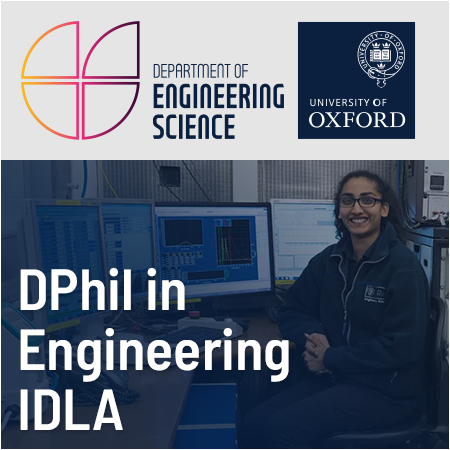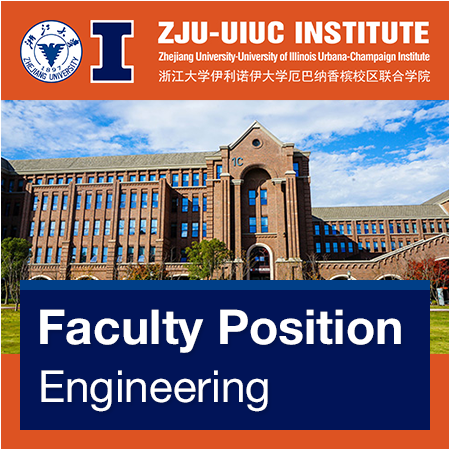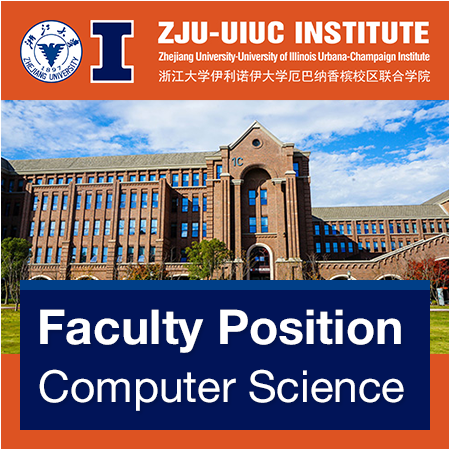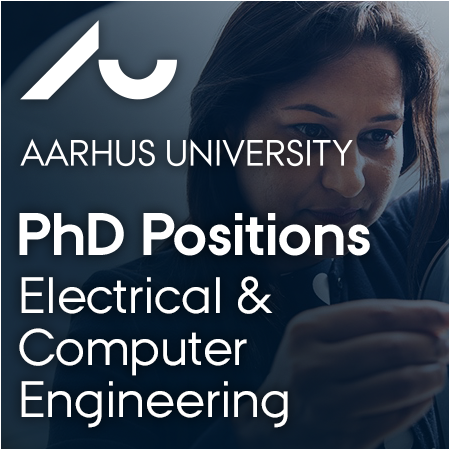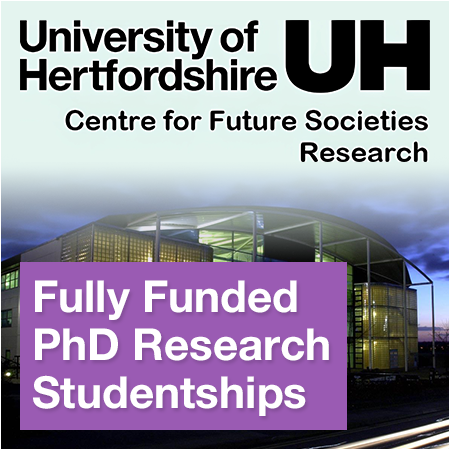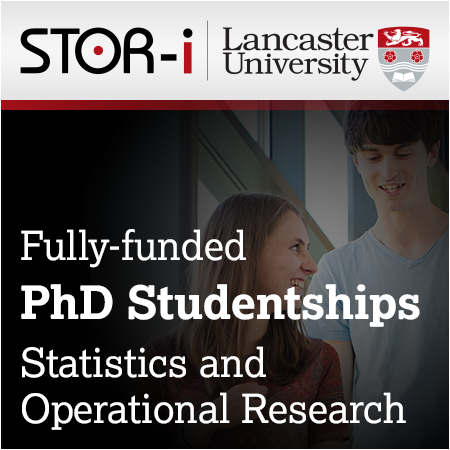Please start typing and select a location from the list
133 PhDs Found
Clear All
Biological Sciences
Computer Sciences
Engineering & Technology
Physical & Environmental Sciences
Aerospace Engineering
Artificial Intelligence
Biochemistry
Biology
Biotechnology
Botany
Chemical Engineering
Chemistry
Civil Engineering
Computer Science
Electrical & Electronic Engineering
Genetics
Information Systems
Maritime technology
Materials Science
Mechanical Engineering
Metallurgy & Minerals technology
Microbiology
Molecular Biology & Biophysics
Other Biological Sciences
Other Engineering
Other Physical Sciences
Physics & Astronomy
Production Engineering & Manufacturing
Software Engineering
Zoology
PhDs
£15,000 - £19,999
£20,000 - £24,999
£25,000 - £29,999
Search
Sort
The job you're looking for is no longer being advertised. Please see below for similar jobs.
133 PhDs Found
PhD Studentship: Impact of Chemical Elements from End-of-life Aluminium Scrap, and Minor Element Additions to Corrosion Performance of 6XXX Series Aluminium Alloys
Materials
Loughborough University
Location:
Loughborough
Salary:
£20,780
per annum plus tuition fees at the UK rate
Date Placed: 16 May
Closes
06 Jun
Materials Science and Engineering: Fully Funded PhD Studentship: Developing Correlative Microscopy and Microanalysis Methods for Mineralised Biological and Industrially-relevant Materials
Materials Science and Engineering
Swansea University
Location:
Swansea
Salary:
£19,237
stipend for 2025/26
Date Placed: 16 May
Closes
02 Jun
Chemistry: Fully Funded PhD Studentship in the Effect of Rotational Polarisation on Gas-surface Reactivity
Molecular beams, Surface science, Quantum-state resolved collisions
Swansea University
Location:
Swansea
Salary:
£19,237
stipend for 2025/26
Date Placed: 16 May
Closes
02 Jun
Civil Engineering: Fully Funded EngD Engineering Studentship in a Real-time Pinn-based Computational Framework for Data Integration and Digital Twinning
Civil Engineering, Mechanical Engineering and Computer Science
Swansea University
Location:
Swansea
Salary:
£20,780
stipend for 2025/26
Date Placed: 16 May
Closes
30 May
Civil Engineering: Fully Funded EngD Engineering Studentship in Multi-fidelity Simulation Ensembles for Near Real-time Failure Prediction in Digital Twins
Civil Engineering, Mechanical Engineering and Computer Science
Swansea University
Location:
Swansea
Salary:
£20,780
stipend for 2025/26
Date Placed: 16 May
Closes
30 May
PhD Studentship: What is a Good MBSE Model? And How Do We Rapidly Develop Highly Effective Models?
Mechanical, Electrical and Manufacturing Engineering
Loughborough University
Location:
Loughborough
Salary:
£22,780
per annum, a tax-free stipend
Date Placed: 16 May
Closes
16 Jun
PhD Studentship: Quantum Local Area Network
Mechanical, Electrical and Manufacturing Engineering
Loughborough University
Location:
Loughborough
Salary:
£22,780
per annum, a tax-free stipend
Date Placed: 16 May
Closes
01 Oct
PhD Studentship: Next-Gen Wind Turbine Blades: Quiet Innovations with Aerodynamic Efficiency
College of Engineering, Design and Physical Sciences
Brunel University London
Location:
London
Salary:
£21,795
Date Placed: 16 May
Closes
15 Aug
PhD Studentship: Machine Learning and Optimisation-Based Intelligent Substation Design in Cyber-Physical Power Systems
School of Engineering Scholarship
University of Warwick
Location:
Remote
Salary:
£20,780
Please refer to advert
Date Placed: 15 May
Closes
15 Jun
PhD Studentship - Building a Digital Twin of the Tees Estuary to Evaluate the Resilience of Nature-based Solutions for Nutrient (N & P) Capture
Newcastle University
Location:
Newcastle upon Tyne
Salary:
£25,726
- please see advert
Date Placed: 15 May
Closes
30 Jun
Interdisciplinary, Physics: Fully Funded PhD Scholarship in Theoretical Explorations On The Lattice with Orthogonal and Symplectic Group (TELOS): Toward the Exascale Frontier
Biosciences, Geography and Physics, Mathematics and Computer Science
Swansea University
Location:
Swansea
Salary:
£20,780
for 2025/26
Date Placed: 14 May
Closes
02 Jun
Computer Science, Engineering: Fully Funded PhD Studentship in AI-driven Non-Destructive Testing
Computer Science, Mechanical Engineering, Aerospace Engineering, Civil Engineering
Swansea University
Location:
Swansea
Salary:
£20,780
for 2025/26
Date Placed: 14 May
Closes
02 Jun
Cancer And Genomics: Fully Funded Sures PhD Scholarship, Multi-Omics Approach to Characterise an in Vitro Lung Model as a Predictive Tool for Human Health
Biosciences; Cancer and Genomics
Swansea University
Location:
Swansea
Salary:
£20,780
for 2025/26
Date Placed: 14 May
Closes
02 Jun
Computational Engineering: Fully Funded EPSRC Studentship-AI Accelerated Discontinuous Galerkin Solver for Boltzmann-BGK Equation for Rarefied, Hypersonic Flows
Computational Engineering; Gas dynamics; High-performance Computing
Swansea University
Location:
Swansea
Salary:
£20,780
for 2025/26
Date Placed: 14 May
Closes
02 Jun
PhD Studentship: Carbon Nanotube (CNT) Winding Development for Electric Motors
Engineering
University of Nottingham
Location:
Nottingham, United Kingdom
Salary:
£25,000
Stipend
Date Placed: 13 May
Closes
30 Jun
PhD Studentship - Quantifying the Impact of Strategies to Achieve Net-Zero Aviation by 2050
Mechanical and Aerospace Engineering
The University of Manchester
Location:
Manchester
Salary:
£20,780
- please see advert
Date Placed: 13 May
Closes
13 Nov
PhD Studentship: Physical Interactions in Constrained Environments: Reasoning, Sensing, Manipulation and Consensus
EPSRC Centre for Doctoral Training in Robotics and Artificial Intelligence for Net Zero Centre (RAINZ)
The University of Manchester
Location:
Glasgow
Salary:
£20,780
Date Placed: 13 May
Closes
11 Jul
PhD Studentship: Multi-collaborative scouting and mapping with a team of highly mobile robots
EPSRC Centre for Doctoral Training in Robotics and Artificial Intelligence for Net Zero Centre (RAINZ)
The University of Manchester
Location:
Oxford
Salary:
£20,780
Date Placed: 13 May
Closes
11 Jul
PhD Studentship: AI-empowered Zero Touch Wireless Network Management for Reliable and Efficient Autonomous Robot Fleets
EPSRC Centre for Doctoral Training in Robotics and Artificial Intelligence for Net Zero Centre (RAINZ)
The University of Manchester
Location:
Glasgow
Salary:
£20,780
Date Placed: 13 May
Closes
11 Jul
PhD Studentship - Modelling and Simulation of Turbine Wheels Performance
Mechanical, Aerospace and Civil Engineering
The University of Manchester
Location:
Manchester
Salary:
£20,780
- please see advert
Date Placed: 13 May
Closes
30 Jun
PhD Studentship: Low-Power AI-Driven Resource Management for Enhancing Satellite Communication Link Reliability
EPSRC Centre for Doctoral Training in Robotics and Artificial Intelligence for Net Zero Centre (RAINZ)
The University of Manchester
Location:
Glasgow
Salary:
£20,780
Date Placed: 13 May
Closes
11 Jul
PhD Studentship: Design, Fabrication, and Control of a Soft Robotic Arm for a Legged Inspection Robot
EPSRC Centre for Doctoral Training in Robotics and Artificial Intelligence for Net Zero Centre (RAINZ)
The University of Manchester
Location:
Oxford
Salary:
£20,780
Date Placed: 13 May
Closes
11 Jul
PhD Studentship: Multi-robot Cyber-physical Systems for Solar Farm Health Monitoring and Maintenance
EPSRC Centre for Doctoral Training in Robotics and Artificial Intelligence for Net Zero Centre (RAINZ)
The University of Manchester
Location:
Glasgow
Salary:
£20,780
Date Placed: 13 May
Closes
11 Jul
PhD Studentship: Label-free Method for Real-Time Dynamics of Membrane Proteins
Aston Institute for Membrane Excellence
Aston University
Location:
Birmingham
Salary:
£20,780
tax-free annual stipend
Date Placed: 13 May
Closes
01 Jun
PhD Studentship: Energy Efficient Composite Manufacturing
University of Warwick
Location:
Coventry, University of Warwick, Warwick
Salary:
£20,780
Date Placed: 12 May
Closes
30 Jun
×
Max Saved Jobs Reached
A maximum of 500 Saved Jobs can be created against your account. Please remove an existing Saved Job in order to add a new Saved Job.
Manage Saved Jobs
Page 1 of 6 >> Next
